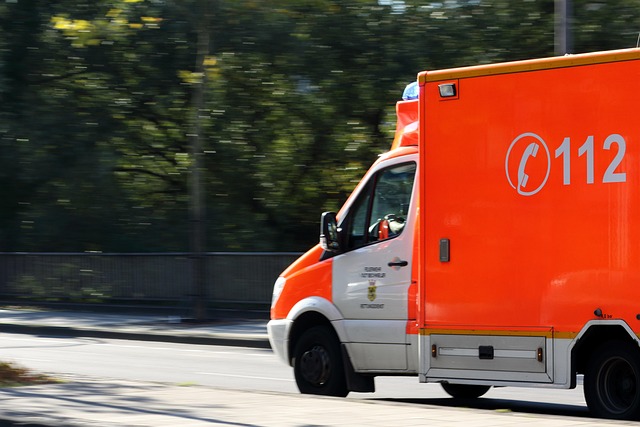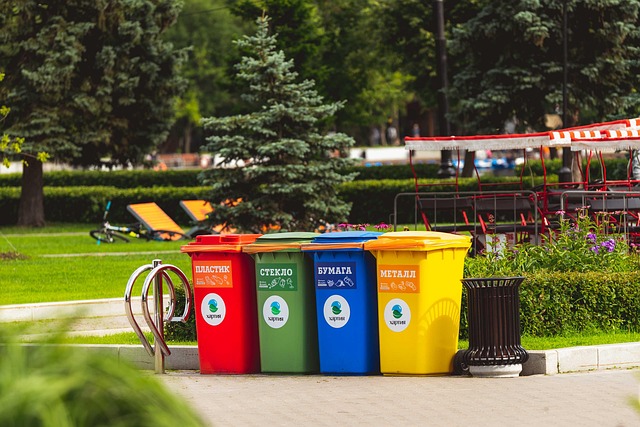Boston and New York City, tech hubs with high e-waste generation, have adopted sustainable recycling solutions. Boston promotes certified e-recycling and NYC encourages device donation/recycling, minimizing environmental impact. Their Boston NY e-waste recycling initiatives, featuring drop-off centers, education, and tech collaborations, serve as models for nation-wide green IT disposal practices, aiming for a cleaner future.
In the bustling metropolises of Boston and New York, the management of electronic waste (e-waste) has become a pressing issue. With rapidly evolving technology, these urban centers generate significant volumes of e-waste, necessitating sustainable solutions. This article explores green strategies for e-waste disposal, focusing on the unique challenges faced by Boston and NY. We delve into eco-friendly recycling methods, comprehensive disposal practices, and innovative management techniques that can revolutionize how we handle this growing environmental concern.
- Understanding E-Waste: The Boston and NY Perspective
- Green Recycling Methods for Electronic Waste
- Sustainable Disposal Practices: A Comprehensive Look
- Innovative Solutions for E-Waste Management
Understanding E-Waste: The Boston and NY Perspective

In cities like Boston and New York, where technology is a pulsating heartbeat, the volume of electronic waste (e-waste) generated is significant. E-waste includes discarded electronics such as computers, phones, and home appliances. Boston, with its tech-savvy population and bustling startups, generates substantial amounts of e-waste that require responsible disposal. Similarly, New York City, a global hub for finance, media, and technology, faces similar challenges in managing its tech waste.
Both cities have recognized the need for sustainable e-waste recycling solutions. In Boston, local initiatives promote the proper disposal of electronics through certified e-recycling businesses, ensuring hazardous materials are handled safely. New York City has also implemented various tech waste reduction strategies, encouraging residents to donate or recycle their old devices instead of dumping them in landfills. These efforts not only address environmental concerns but also foster a circular economy by recovering valuable resources from discarded electronics.
Green Recycling Methods for Electronic Waste

In the realm of sustainable practices, green recycling methods for electronic waste (e-waste) are gaining prominence, especially in urban centers like Boston and New York City (NYC). These cities, with their bustling tech scenes, produce significant volumes of e-waste, necessitating innovative solutions. One prominent approach is the implementation of specialized e-recycling drop-off points in Manhattan, offering residents and businesses an eco-friendly way to dispose of old electronics.
Boston tech companies are also leading the charge in waste management by adopting advanced recycling technologies. They collaborate with local initiatives to ensure that e-waste is not only recycled but also repurposed, reducing the environmental impact of electronic devices. Moreover, NYC provides excellent opportunities for e-waste collection during events, ensuring that even large-scale gatherings contribute to sustainable practices, fostering a greener future for these metropolitan areas.
Sustainable Disposal Practices: A Comprehensive Look

In the realm of sustainable waste management, proper disposal of electronic waste (e-waste) is a pressing issue in urban centers like Boston and Manhattan. The growing e-waste problem requires innovative solutions to mitigate environmental harm caused by improper recycling or disposal. Boston NY e-waste recycling initiatives have emerged as game changers, offering comprehensive and green practices that transform this challenge into an opportunity for a cleaner, more sustainable future.
Boston has embraced boston sustainable electronics disposal methods, implementing efficient e-waste collection programs and promoting public awareness campaigns. Manhattan’s responsible e-waste recycling efforts showcase the city’s commitment to environmental stewardship by encouraging citizens to drop off their obsolete electronics at designated centers. These initiatives not only facilitate proper disposal but also enable the extraction of valuable materials from recycled devices, reducing the demand for new resource extraction. By adopting boston green IT disposal solutions, these cities set an example for sustainable practices across the nation, ensuring a healthier planet for future generations.
Innovative Solutions for E-Waste Management

The growing problem of electronic waste, or e-waste, has prompted innovative solutions in cities like Boston and New York City (NYC). With a focus on sustainability, both locations have implemented unique programs to tackle this pressing issue. In Boston, the cyber waste collection program encourages residents and businesses to responsibly dispose of their obsolete electronics, ensuring proper recycling and reducing environmental impact. Similarly, NYC, with its bustling tech industry, has taken significant steps by introducing comprehensive e-waste recycling initiatives. These efforts not only benefit the local environment but also contribute to a circular economy by recovering valuable materials from discarded devices.
The city’s approach involves creating accessible drop-off points for recyclables and raising awareness about proper disposal methods. By engaging both citizens and tech companies, Boston and NYC are leading by example, demonstrating that effective e-waste management is crucial for a greener future. This sustainable shift ensures that electronic scraps, from old computers to mobile phones, are recycled or repurposed, minimizing the harm caused by improper disposal.
In cities like Boston and New York, where e-waste generation is high, adopting green solutions for disposal is not just an environmental imperative but a step towards a more sustainable future. The diverse range of methods discussed—from advanced recycling techniques to innovative management strategies—offers promising avenues for reducing the ecological footprint of electronic waste. By prioritizing eco-friendly practices, Boston and NY can set an example for global e-waste recycling, ensuring a healthier planet for generations to come.














